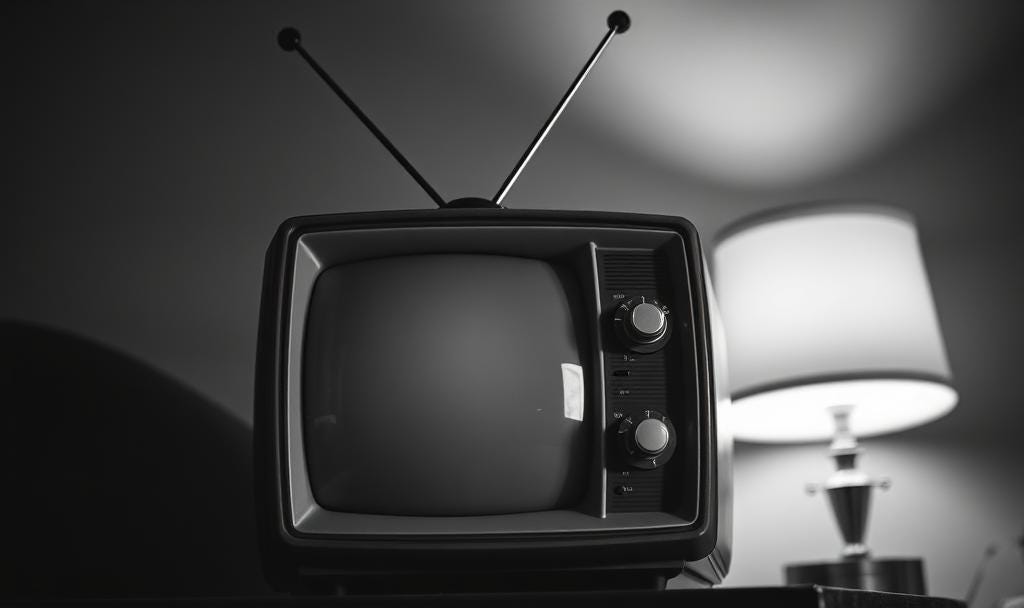It’s a full-time job to remind public officials about the public’s right to know.
I had my 15 minutes of fame 15 years ago this month.
USA Today, The Daily Beast, CNN, World Tech, not to mention just about every local paper in the state, and a few TV stations.
It’s almost quaint today to remember that when Williamsburg and Hampton first considered giving iPads loaded with agenda materials to their council members in lieu of paper, they were in the vanguard. The cost-savings! The efficiency! All those trees to be spared!
News outlets snapped up the story, with local government administrators hailing the move as a bold step into the future.
And there I was.

As usual, there I was, wagging my finger and wringing my hands over transparency concerns. Luckily, I didn’t come off as a Luddite, more like a tech-aware scold.
I was concerned, I said in interview after interview, that the devices could be used to conduct business outside the public’s view. It would be easy to email, text or chat during a public meeting, I said.
Silly woman, they said. We’re not going to use it for email. Just for navigating the meeting documents. But, they said, if we DID use it for email, no worries, because the same rules for accessing public records would still apply.
And then I said, “Records generated are subject to disclosure, but we don’t have a mechanism for getting those records from an iPad.”
Fifteen years ago. And today?
I still get loads of questions every year asking about access to text messages, direct messages and other device-to-device chats. And when I do training for government groups — particularly elected officials — what they want to talk about more than anything is the text messages they send and receive on their phones.
What if….? What if I send a message to my sister about grandma from the same account that I send a message to my fellow council member about spending a million dollars on new playground? Do I have to turn over my phone to the FOIA officer? What if I just say that I don’t have the messages? What if I delete all my texts?
We aren’t arguing anymore about whether texts are public records. Instead, we went straight into how are text messages searched for and provided in response to a FOIA request? When those text messages are on a government account or device? When those text messages are on my personal account or device.
It’s almost like I could predict the future. But truly, anyone could have seen this coming. That’s how it always goes. Government says it needs more leeway so it can capitalize on technological advances, saving time, saving money, and being efficient. Anyone who holds up a yellow caution flag is dismissed as being against progress, unympathetic to challenges and obstacles, only satisfied if everything is open all the time.
Their motives may be pure, and they really want to keep the public’s interest in mind, but it’s just plain human (or, organizational) nature. It’s the gradual erosion of limits: We’ve drawn a boundary 10 steps ahead of where we are. All we want to do now is take one or two small steps forward — nothing major. But before long, we’ve crept right up to that line, and suddenly it feels too tight, too limiting. So we decide to move the boundary another 10 steps out, just to give ourselves a little more room. Then we take another step or two forward. And the cycle repeats.
What we need is more people standing up and demanding that the public’s interest be taken into account. We need all those people who support VCOG’s work, who call or email us with questions, who use public records in their reporting, who attend public meetings, to remind those holding the reins of governmental power not to gallop full force into the future without taking accountability, transparency and access in mind. They’re tired of me wagging my finger.
Still, they could all on their own, without scolding, by making a conscious decision not to use private accounts and devices to conduct public business. And if they do use them, they could diligently and thoroughly respond to FOIA requests for those messages.
It sounds quaint, sure. But don’t underestimate its power.